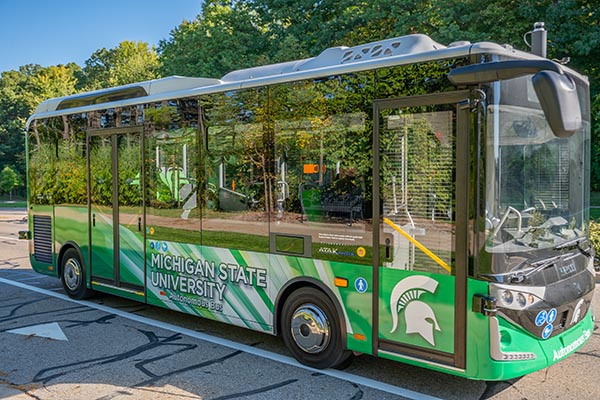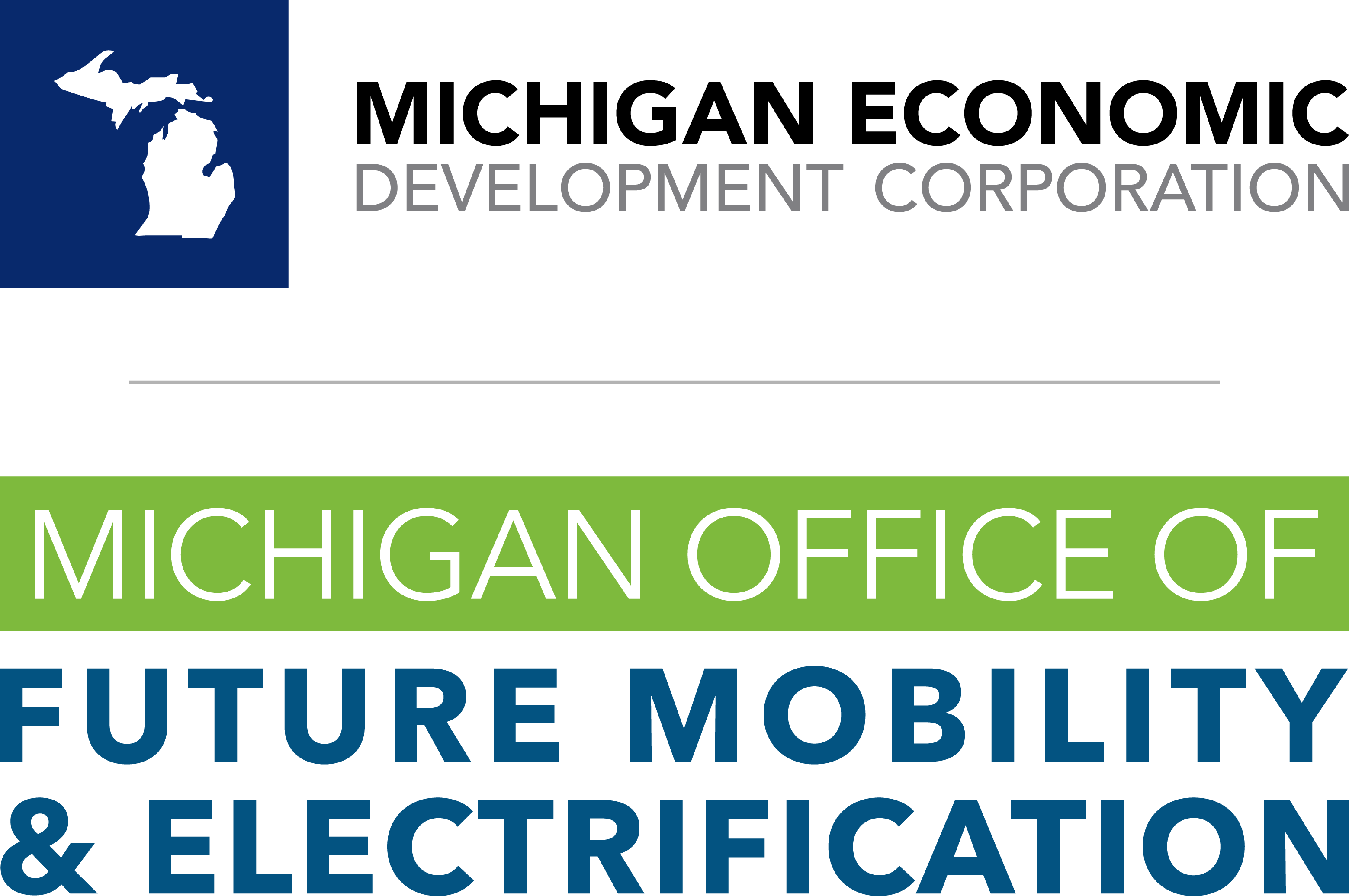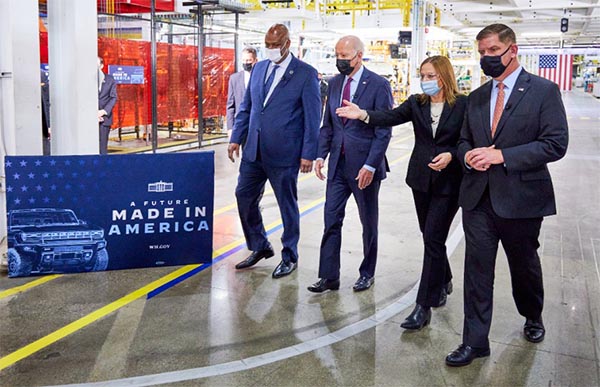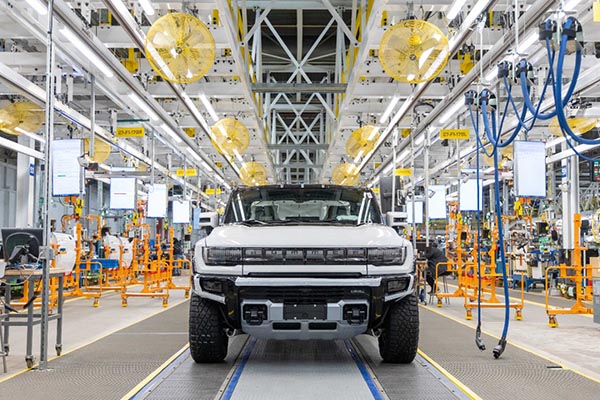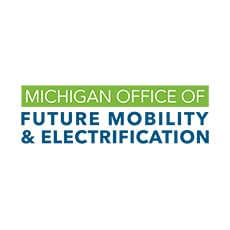 Grand Opening of General Motors’ Factory ZERO
Grand Opening of General Motors’ Factory ZERO
On Wednesday, President Joe Biden visited General Motors’ brand-new EV plant, Factory ZERO, which recently opened its doors for production. The President took a tour of the plant floor, learned more about the extensive work that went into developing the new plant, and got the chance to test drive GM’s new, all-electric Hummer.
“Isn’t it incredible?” President Biden said after he completed his test drive. “This is three times as heavy as my Corvette, but it [might be] three times as fast!”
Production is set to begin at the former Detroit-Hamtramck assembly plant, less than two years after GM announced a $2.2 billion investment to renovate the facility to build a variety of all-electric trucks and SUVs.
When fully operational, Factory ZERO will employ more than 2,000 local workers and be home to a number of electric GM vehicles, including the 2022 Hummer EV Pickup, 2024 Hummer EV SUV, Chevrolet Silverado EV, and the Cruise Origin, an all-electric, self-driving, shared vehicle.
“GM’s U.S. manufacturing expertise is key to achieving our all-electric future,” said GM Chair and CEO Mary Barra in a statement. “This is a monumental day for the entire GM team. We retooled Factory ZERO with the best, most advanced technology in the world to build the highest quality electric vehicles for our customers.”
The federal legislature has been working to develop policies to support the country’s broader transition to EVs, and Michigan stands to benefit. President Biden’s visit comes on the heels of the signing of a $1 trillion infrastructure bill earlier this week, which includes funding for EV infrastructure to help support Michigan automakers as they make the transition to manufacturing EVs. Additionally, if the Build Back Better Plan is successfully passed, customers of Michigan automakers could receive $12,500 consumer rebates for electric vehicles in support of continued EV adoption.
LEARN MORE ABOUT GM’S NEW EV FACTORY
|
|
|
|
|
|
|
|
|
|
|
|
|
|
|
|
|
|
|
|
|
|
|
|
|
|
|
|
|
|
|
|
|
|
|
|
|
|
|
|
Photos courtesy of General Motors.









